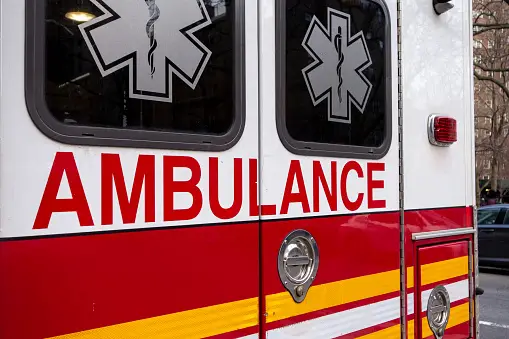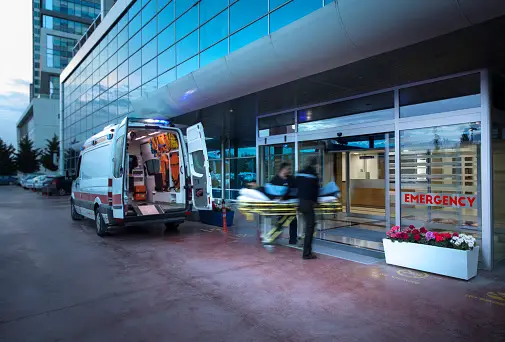Emergency ambulance services are a vital part of healthcare systems all around the world. These services provide rapid response and comprehensive care to patients who are experiencing a medical emergency. In this blog, we will provide an overview of the comprehensive care provided by an emergency ambulance service.
The Role of Emergency Ambulance Services
Ambulance play a critical role in providing timely and effective medical care to patients in emergency situations. Their primary role is to transport patients to hospitals or other medical facilities where they can receive further treatment. However, emergency ambulance services also provide a range of other essential services, including:
-
Emergency Response: Ambulances are available 24/7, and they respond to calls for medical assistance quickly. In emergency situations, every minute counts, and emergency ambulance services are trained to provide rapid response and quick treatment to patients.
-
Basic Life Support: Ambulances provide basic life support to patients in need. They are equipped with essential medical equipment and trained to perform basic procedures such as CPR, bandaging, and administering medication.
-
Advanced Life Support: Emergency ambulance services also provide advanced life support to patients who require more advanced medical care. They are equipped with advanced medical equipment, including defibrillators, ventilators, and other life-saving equipment.
-
Transportation: Ambulance services transport patients to hospitals or other medical facilities where they can receive further treatment. They ensure that patients are transported quickly and safely to the appropriate medical facility.
-
Communication: Ambulance services communicate with hospitals and other medical facilities to ensure that patients receive the appropriate medical care. They also communicate with family members and loved ones to keep them informed of the patient's condition.
-
Patient Care: Ambulance provide comprehensive care to patients, including assessing their condition, providing first aid, administering medication, and monitoring their vital signs.
-
Mental Health Support: Emergency ambulance services also provide mental health support to patients who require it. They are trained to provide emotional support and counseling to patients who are experiencing a mental health crisis.
Emergency ambulance play a critical role in providing timely and effective medical care to patients in emergency situations. They provide a range of services, including emergency response, basic and advanced life support, transportation, communication, patient care, and mental health support. The comprehensive care provided by emergency ambulance services ensures that patients receive the appropriate medical care and support when they need it most.







